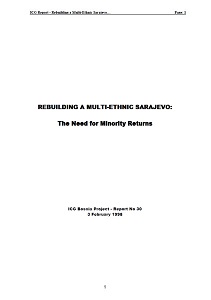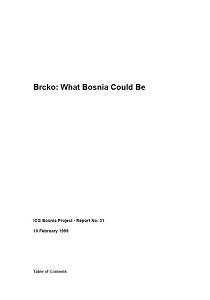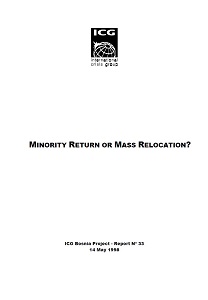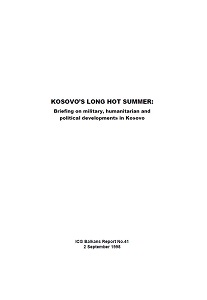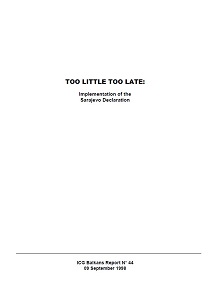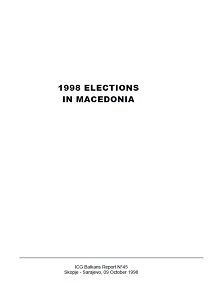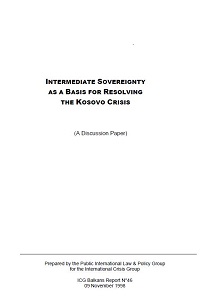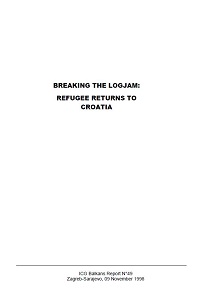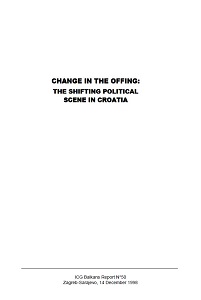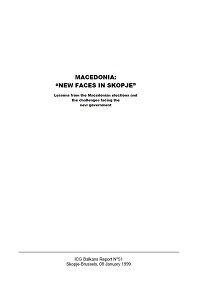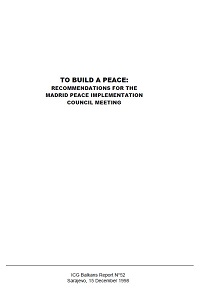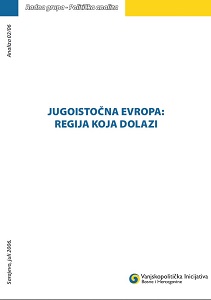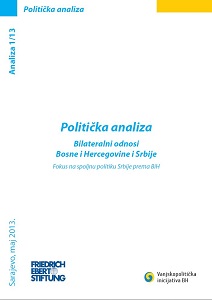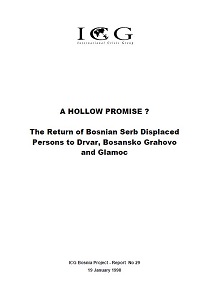
A HOLLOW PROMISE? The Return of Bosnian Serb Displaced Persons to Drvar, Bosansko Grahovo and Glamoc
In Bosnia’s local elections on 13 and 14 September 1997, parties representing displaced Serbs from Croat-held Drvar, Bosansko Grahovo and Glamoc won either a majority or a plurality of council seats in these three municipalities in Canton 10 of the Federation of Bosnia and Herzegovina. Since then, displaced Serbs have begun spontaneously moving back to their homes with the result that by mid-January, some 800 heads of households had returned to Drvar alone. Other displaced Serbs in Western Republika Srpska and in Brcko are monitoring the fortunes of these returnees closely. If Serbs are able to return to Drvar, this will free up housing in Republika Srpska for displaced Bosniacs and Croats. If, however, their return to Drvar is obstructed, displaced Serbs elsewhere will be discouraged from attempting to return to other Federation municipalities.
More...
